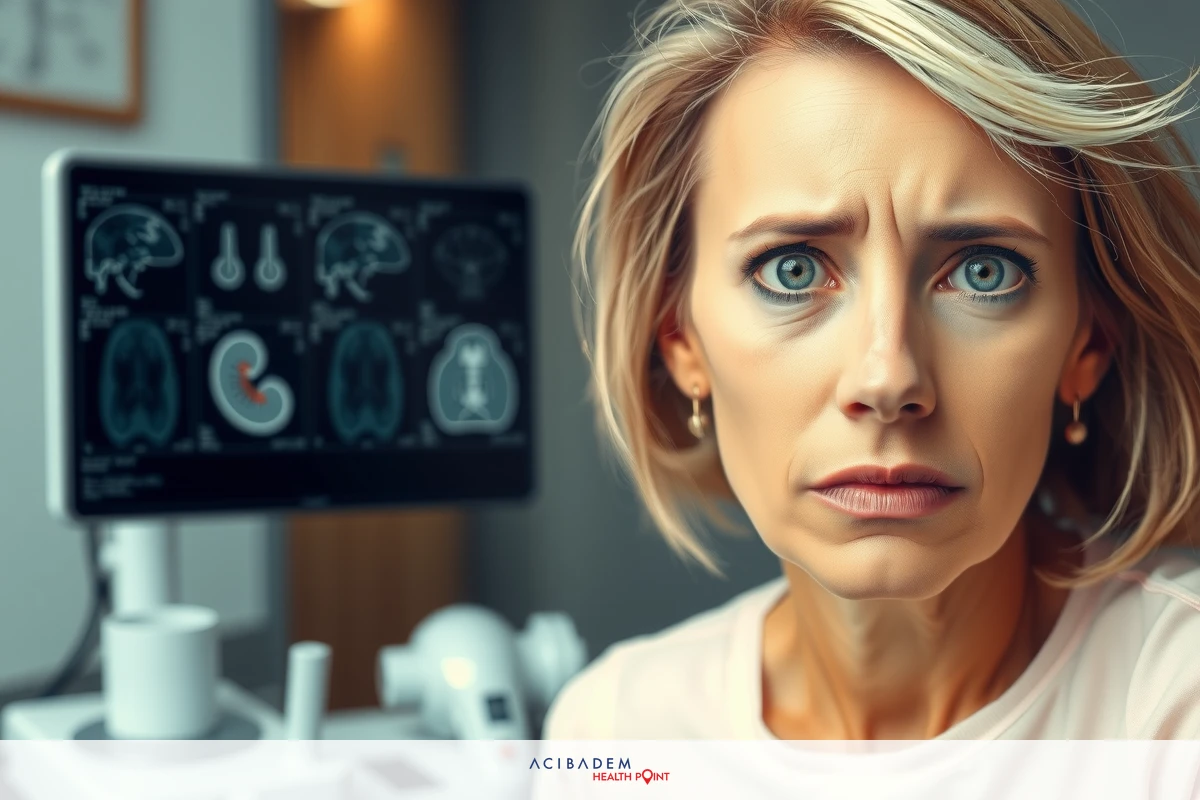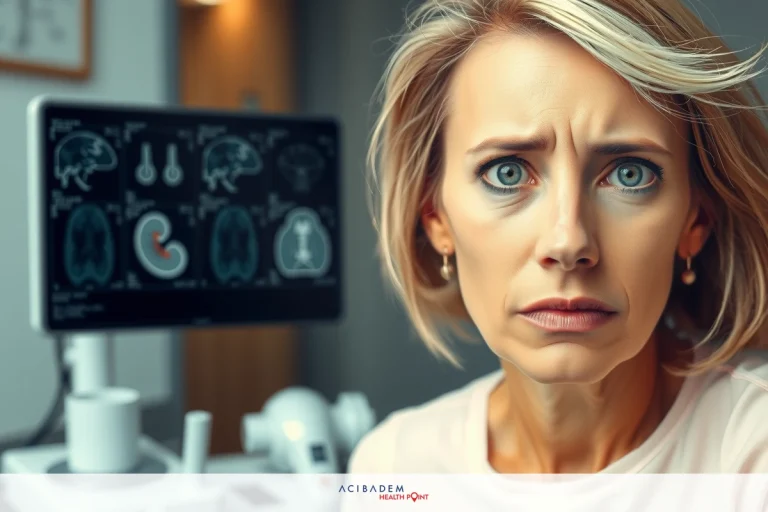What are the early symptoms of kidney cancer? Kidney cancer can show up in quiet ways. Many people do not notice it at first. It is important to know what to look for.
Blood in urine might be a sign. Sometimes it is just a small amount that you cannot see without tests. Back pain that does not go away could also mean something is wrong.
Weight loss without trying may seem good but can be a bad sign. Feeling tired all the time and having no energy might point to kidney cancer as well. Early detection is key so knowing these signs helps keep you safe and healthy.
What is Kidney Cancer?
Kidney cancer starts in the kidneys. It happens when cells grow out of control. These cells form a lump called a tumor. This type of cancer can stay in one place or spread. When it spreads it moves to other parts of the body. Early symptoms are often hard to spot.
The early signs may include blood in urine and back pain. Some people also lose weight without trying. Feeling tired all the time is another sign. It’s vital to catch kidney cancer early for better results. Regular check-ups help find problems before they get worse. Knowing these health tips could save your life.
Doctors use tests like CT scans and ultrasounds for diagnosis. These tests show how big the tumor is and if it has spread. Once found treatment options can be discussed with your doctor. Understanding what kidney cancer is helps you know what signs to watch for so that you can take action quickly if needed.
Common Early Symptoms
Early symptoms of kidney cancer can be easy to miss. One sign is blood in urine. Sometimes, the blood is visible; other times, it requires tests to detect. Back pain that does not go away could also be a warning. This pain might feel dull or sharp and often stays on one side. If you notice this kind of pain it’s best to get it checked out.
Unexpected weight loss is another sign of kidney cancer. Losing weight without trying sounds good but could mean something serious. Pay attention if your clothes fit looser and you haven’t changed your diet. Feeling tired all the time can also point to kidney cancer. Fatigue may seem normal with busy days but constant tiredness isn’t typical and should not be ignored.
These early symptoms are important health tips to keep in mind. Knowing them helps you catch any issues early on when treatment works best. Always listen to your body for these signs so you can stay healthy and safe.
When to See a Doctor?
If you notice any early symptoms see a doctor right away. Blood in urine is a big sign of kidney cancer. Even if it’s not visible tests can find it. Back pain that stays for weeks needs attention too. This pain might come and go or stay constant. It could be dull or sharp but should not be ignored.
Weight loss without trying is another reason to visit your doctor. Losing weight fast sounds good but may mean trouble inside your body. Keep an eye on your weight changes and tell your doctor about them. Feeling tired all the time also calls for a health check-up. Fatigue from daily tasks is normal but never-ending
tiredness isn’t something to brush off. Your energy levels can say a lot about your health.
Don’t wait too long before seeking help if you have these signs of kidney cancer. Early detection helps with better

treatment options and outcomes. Follow these health tips to keep yourself safe and healthy.
How is Kidney Cancer Diagnosed?
Doctors use tests like CT scans and ultrasounds to diagnose kidney cancer. These tests show detailed images of your kidneys. They help spot any tumors or unusual growths. A CT scan uses X-rays to create pictures from different angles. You might have to drink a special liquid before the test. This liquid helps highlight certain areas making it easier for doctors to see what’s happening inside.
An ultrasound uses sound waves to make images of your kidneys. It’s quick and painless. The doctor moves a device over your belly which sends back the pictures in real time. Blood tests are also important in diagnosing kidney cancer. They check for signs that something might be wrong with your kidneys or other parts of your body.
Sometimes doctors need more information and will do a biopsy. A small tissue sample is taken from the kidney using a needle. This sample is examined under a microscope for cancer cells. Early symptoms can lead you to these diagnostic steps sooner rather than later improving outcomes significantly if you’re aware of what signs to look out for initially.
Treatment Options
Treatments for kidney cancer include surgery, radiation, and targeted therapy. Surgery is often the first choice. It involves removing the tumor or even part of the kidney.
Radiation therapy uses high-energy rays to kill cancer cells. This treatment helps shrink tumors before surgery or kills remaining cells afterward. It’s a precise way to target affected areas without harming nearby healthy tissue. Targeted therapy focuses on specific parts of cancer cells to stop their growth. These treatments are less harmful to normal cells than traditional chemotherapy. They can be used alone or with other treatments.
Sometimes doctors use immunotherapy too. This boosts your body’s natural defenses against cancer cells helping you fight off the disease more effectively. Each treatment plan depends on various factors like the stage of cancer and overall health condition of the patient. Discuss all options with your doctor so you can make an informed decision that suits your needs best.
Early symptoms should prompt quick actions in seeking medical advice; catching it early opens up more successful avenues for these diverse treatments.
Frequently Asked Questions
Q: What are the early symptoms of kidney cancer? A: Early symptoms include blood in urine, back pain, weight loss, and fatigue.
Q: How is kidney cancer diagnosed? A: Doctors use CT scans, ultrasounds, blood tests, and sometimes a biopsy to diagnose it.
Q: What treatment options are available for kidney cancer? A: Treatment options include surgery, radiation therapy, targeted therapy, and immunotherapy.









